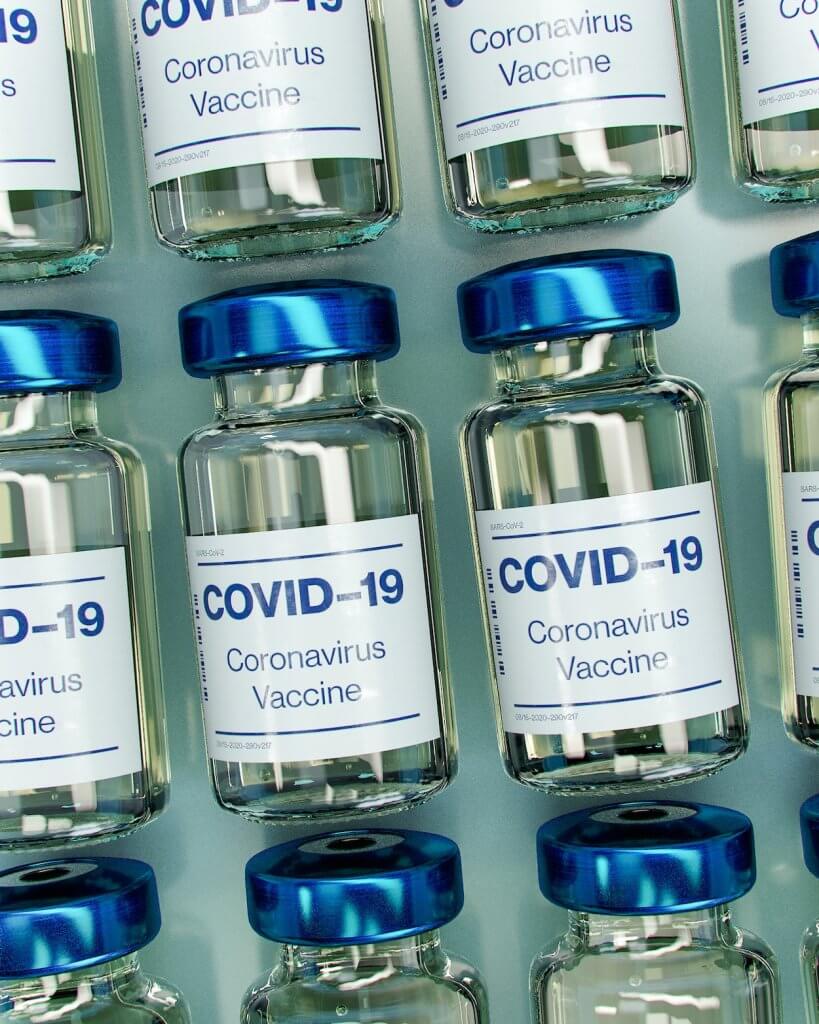Maine Vaccine Requirement Allowed to Stand by a Divided U.S. Supreme Court
December 10th, 2021

Lawsuits were first initiated in August against Maine’s Governor, Health and Human Service Commissioner, and Maine CDC Director over their COVID-19 vaccine requirement for healthcare workers. On two occasions, lower federal courts rejected these challenges and agreed with Maine’s mandate. Consequently, after the U.S. Supreme Court declined to intervene, the state mandate is now in effect.
Vaccine Requirement was the Basis of the Lawsuit
The lawsuit was initiated by nine unnamed healthcare workers who were represented by Liberty Counsel, a conservative Christian legal organization headquartered in Florida. These individuals argued that their religious objections are deeply grounded in scripture and their rights were violated by the vaccine requirement. Two other similar lawsuits were previously initiated against Maine’s COVID-19 restrictions. The owners of two campgrounds and two restaurants initiated legal action against the Governor over a 14-day quarantine for out-of-state visitors. A church also filed a lawsuit to challenge a ban on gatherings of more than 10 people during the pandemic.
The Most Recent Lawsuit Faced by the State of Maine
Maine then faced a lawsuit due to its vaccine requirement because no religious exemption was included for healthcare workers. Maine’s order impacts over 150,000 workers at various facilities including hospitals and nursing homes. The impacted individuals were to be fully vaccinated by October 1st. While the order did allow exemptions for medical reasons, it did not allow exemptions for religious beliefs. Maine Attorney General Aaron Frey responded to the lawsuit with the following statement: “For many years the state has required health care workers to be vaccinated against various communicable diseases and, to our knowledge… The state has now simply added an additional disease – COVID-19…”
How Previous Vaccine Requirement Lawsuits Have Been Handled
Vaccine mandates have long been permitted under law. In 1905, the Supreme Court upheld a Massachusetts ordinance that allowed cities to require individuals to receive smallpox vaccinations. Maine currently only permits medical exemptions to inoculations rather than religious or philosophical ones. For many years, it was agreed that religious exemptions to vaccine requirements are permitted but not constitutionally required.
Changes in the Supreme Court
The Supreme Court is now dominated by conservative Christians and has been much more deferential to religious rights arguments in recent cases. The Court recently blocked a California regulation that limited at-home gatherings during the pandemic. If the state makes exceptions to the rule for secular activities, the state also must make exceptions for religious ones, the Court reasoned. In June, it backed a Catholic charity that refused to consider same-sex couples as foster parents.
How Other States Address the Matter
States like California and New York require either some or all healthcare workers to get inoculated against COVID-19. Policies and exemptions differ between states, though, and the Supreme Court has yet to directly weigh in on the issue.
Tracking Notable Religious Rights Cases
The Universal Life Church’s blog focuses on detailing the most noteworthy cases that challenge religious rights. Our blog aims to objectively examine both sides in each argument.


